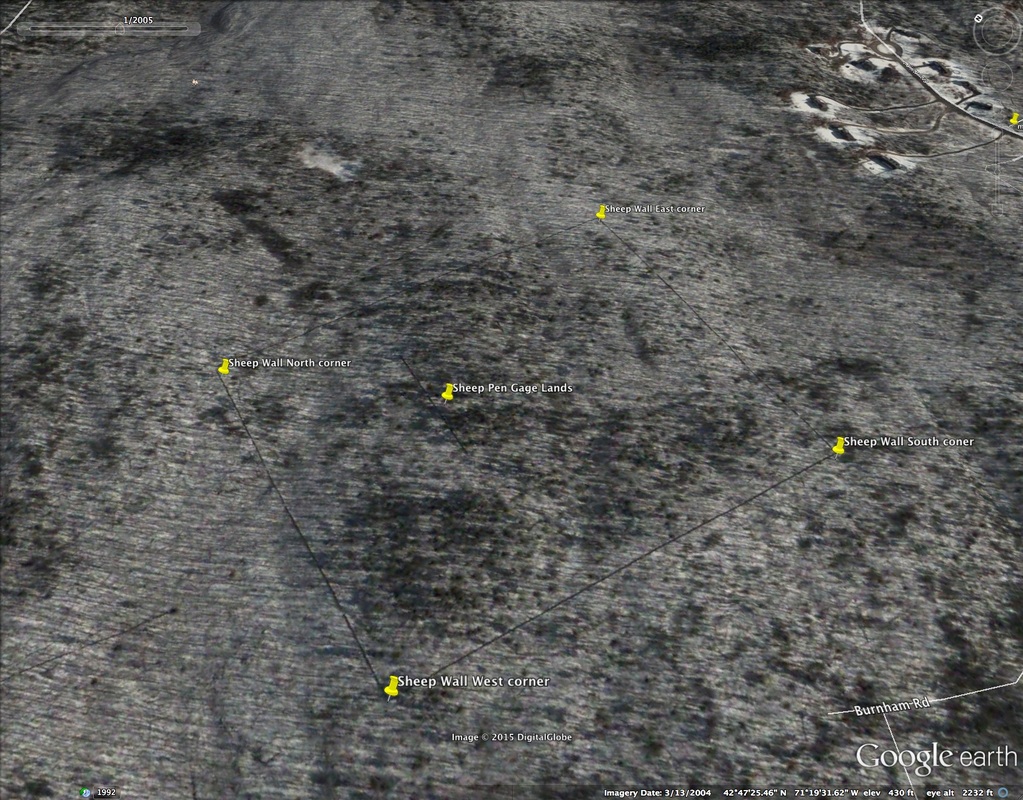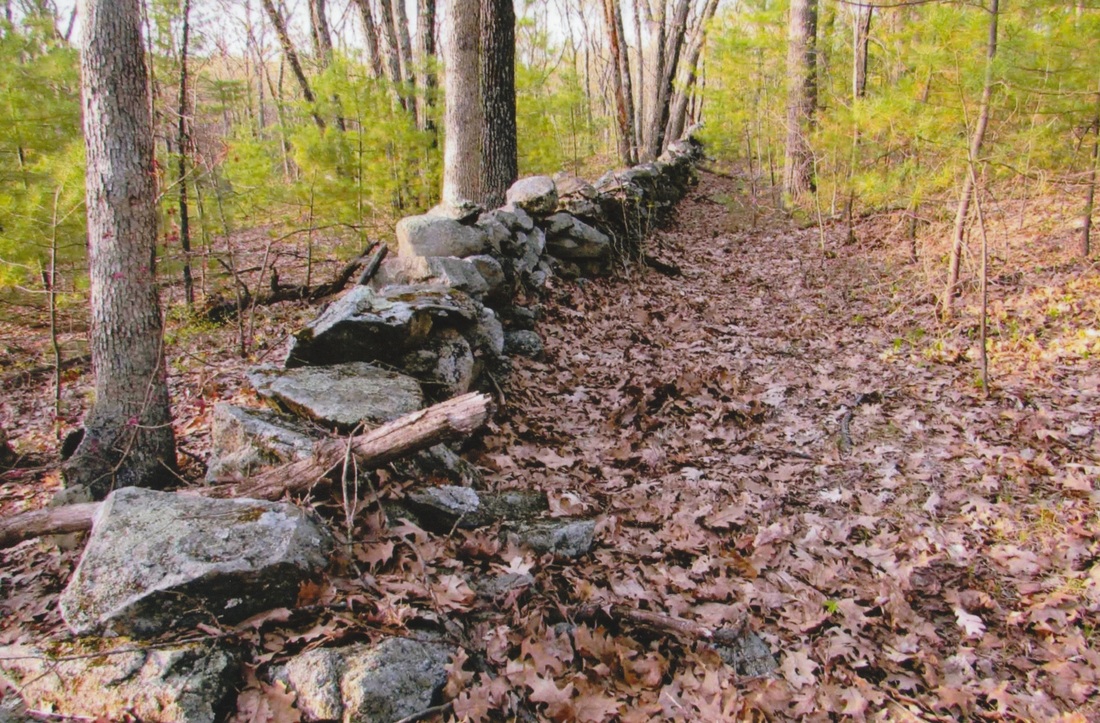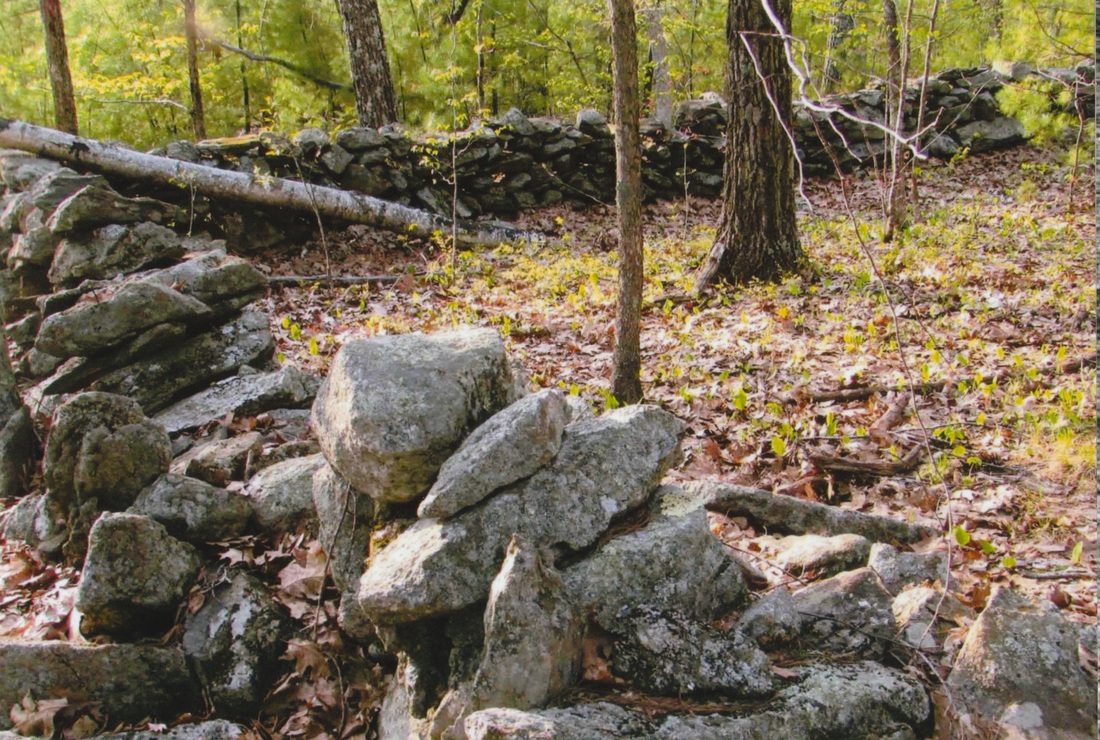battle was raging he felt a stinging sensation in his thumb, and the smoke
was so thick he could hardly see; he put his thumb in his mouth, and found
it hanging by a piece of skin; he bit it off, and kept on fighting, with a
determination to come off victorious, or die upon the field 'with his face to
the foe'. He was afterwards offered captaincy, but declined it. He received
his commission of lieutenant after the war."
He married his cousin, Jane Gregg, daughter of Captain David and Ann Gregg on February 12, 1784. Morrison recorded that the land David lived upon was part of the original grant to the Gregg family and he was the first one to actually occupy the land. Jane died in 1812 and David married Sally Clyde about two years later. It is recorded by Morrison that David, "took care of his parents in their old age; was made an elder of the church. He was a good man but was unfortunate in the later years of his life, lost his property, and in his old age was dependent upon the charity of his friends and the town"; David died in 1831. In 1815, David sold his property to his son, John, and that deed is the first time the meadow (by definition "permanent pastures", hence often being enclosed by walls) is ever mentioned as existing on the land. In 1828 John Gregg sold the land to Jesse Gibson of Pelham, NH, who sold it in 1838 to Asa Buttrick of Lowell, MA. By the time Buttrick had purchased the land the great sheep craze was just beginning to come to an end.


